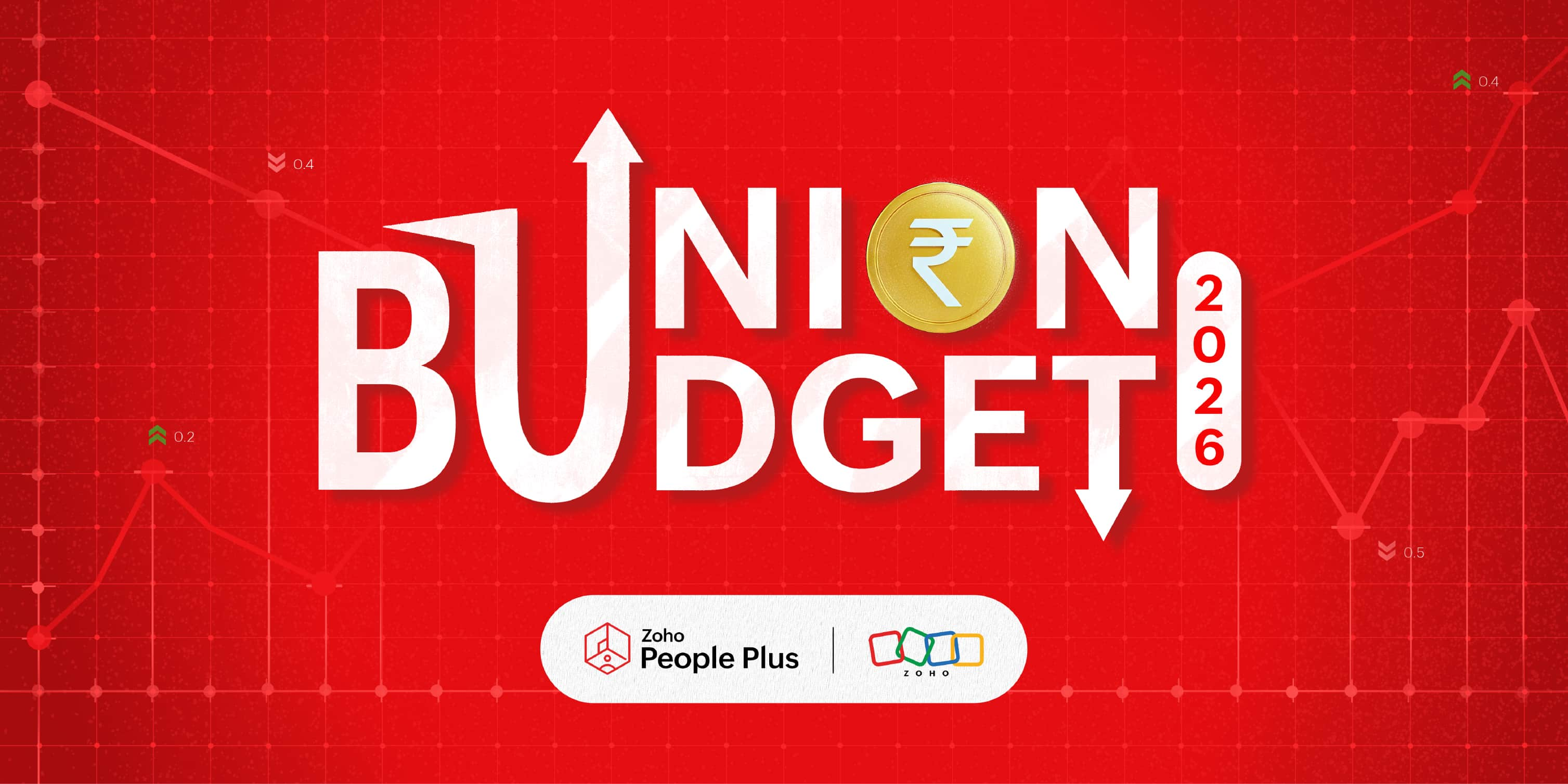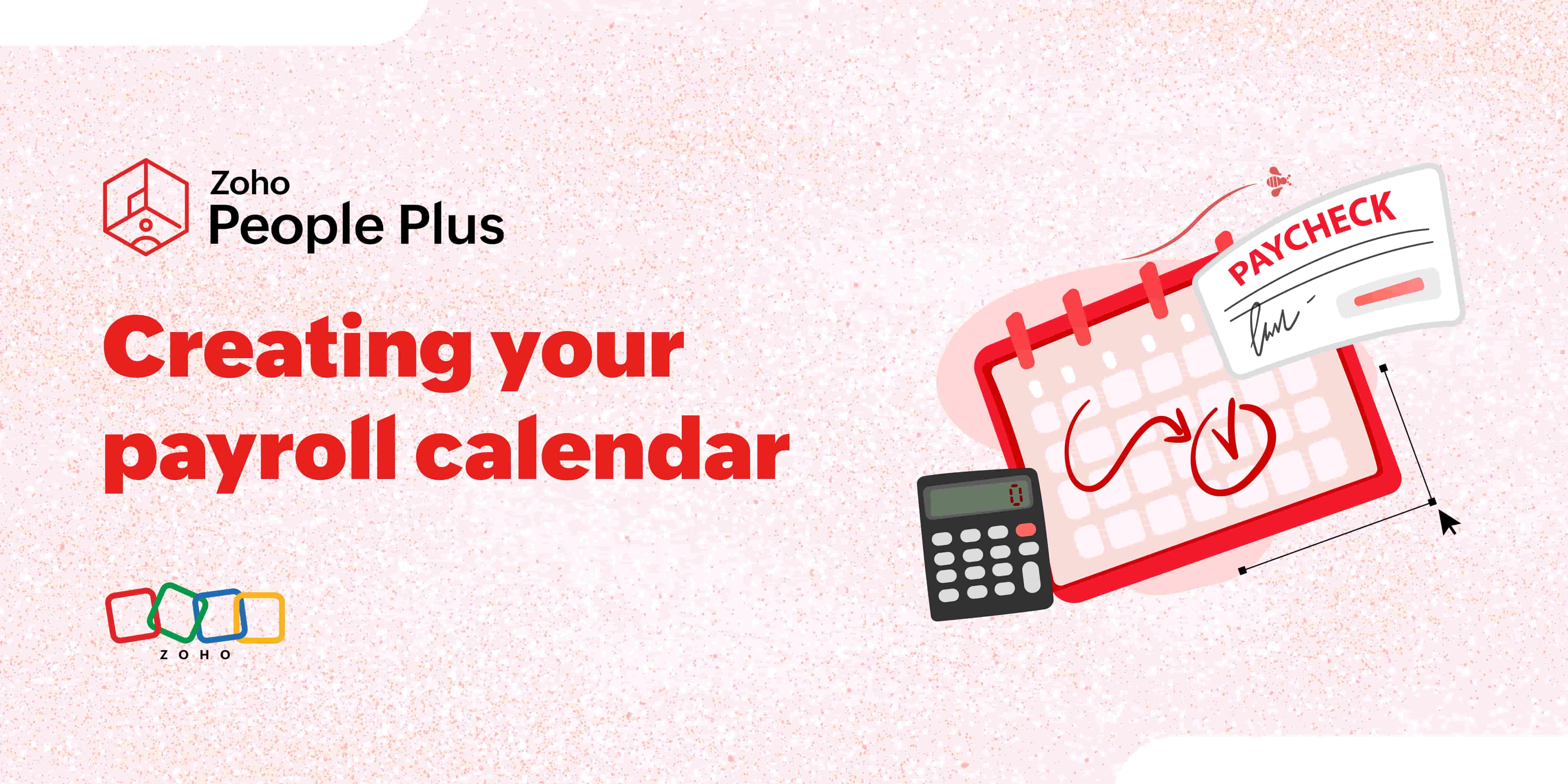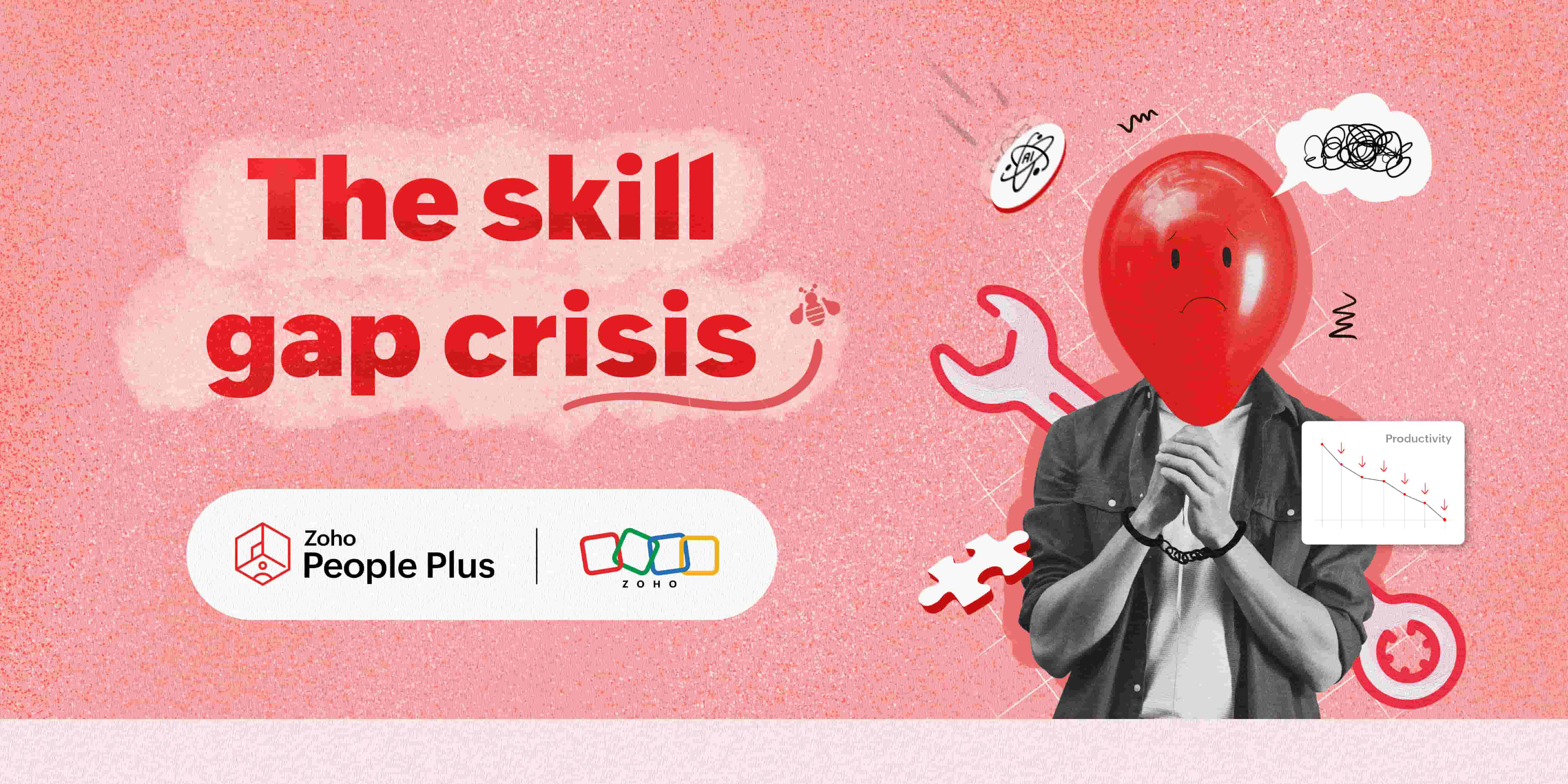Breaking down the moments that matter to employees
- Last Updated : November 8, 2023
- 1.0K Views
- 3 Min Read

Identifying and optimizing the moments that matter to employees is a key step in improving the employee experience. "Moments that matter" refers to both personal and work-related events that are memorable for employees. They're often emotional in nature and have a great impact on employee engagement and experience. During these moments, employees expect the highest form of support from their managers and company leaders. Even one small disappointment during such moments can break the trust your employees have in your organization.
The first day at work is one such moment that matters to employees. It is a significant career milestone, and making sure everything goes smoothly for them on that day is the key to providing an exceptional working experience.
But, how can HR teams leverage moments that matter to attract and retain top talent? According to Jacob Morgan, author of the book "The Employee Experience Advantage", moments that matter to employees can be separated into three broad categories: specific moments, ongoing moments, and created moments.
Specific moments are moments those that are common for all of your employees. Their first day at your organization, their first salary, and their first promotion are some examples. It can be more difficult to pinpoint ongoing moments, but receiving recognition from a manager during a team meeting or forging relationships with peers and company leaders are two examples that fit in this category. Created moments are often fun activities and challenges put together by organizations, such as holiday dinners or retreats.
Having a clear idea about the moments that matter to your employees can help you make informed decisions. Here's how you can identify the moments that your employees value:
Talk to your employees
Rather than assuming what matters to your employees, talk to them and find out what has been shaping their journey within your organization. Surveys are an excellent tool to identify these moments. You could also encourage your employees to highlight personal and professional events that they look forward to by giving them a list of examples to choose from. Another way to identify important moments is by leveraging employee personas. This involves grouping employees that share similar wants and needs, initiating discussions, and asking questions about moments that matter to them. Once you have collected employee responses, categorize the chosen moments carefully so you can easily refer back to them.
Take steps to improve each moment
After interacting with employees, it's important that you take steps to improve how you manage your employees during those moments. For instance, if the first promotion at your organization is a moment that most of your employees cherish, you could organize a team-level meeting to recognize the efforts of promoted employees and spotlight their accomplishments in front of their team members. This will also inspire others on the team to give their best. If you are unsure how to approach a particular moment, you can also ask your employees what they're looking for.
Gain leadership support
For your employee experience strategies to take off, it's essential to keep your managers and C-level leaders involved throughout the entire process. Build a business case to show why investing in moments that employees value is worth the investment. Educate them on how they can impact the employee experience during each moment, from recruitment to offboarding. For instance, if receiving performance feedback is one of the most valuable moments for your employees, educate managers on how to effectively provide constructive feedback that will have a positive impact on each employee's experience.
Focusing on moments that matter
Focusing on moments that matter to your employees can have a huge impact on employee engagement, happiness, experience, and satisfaction. With the right approach, you can change how your employees feel about working with your organization for the better.


